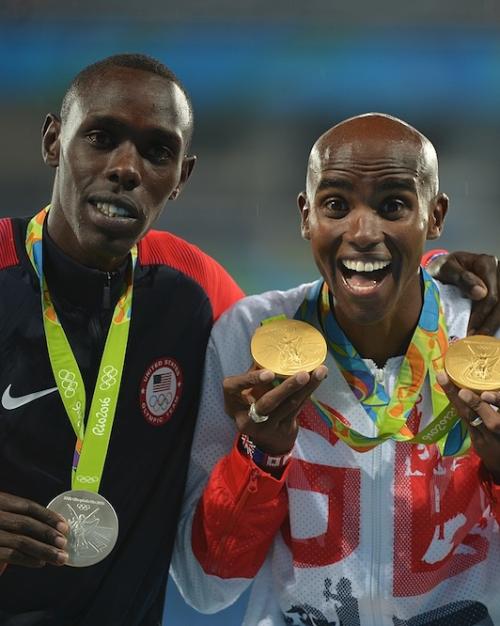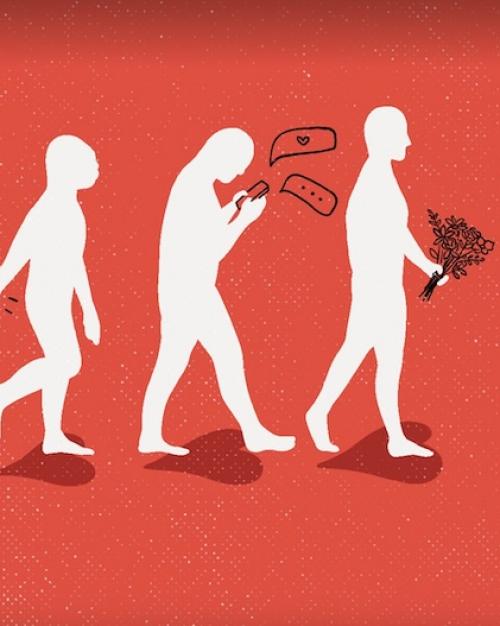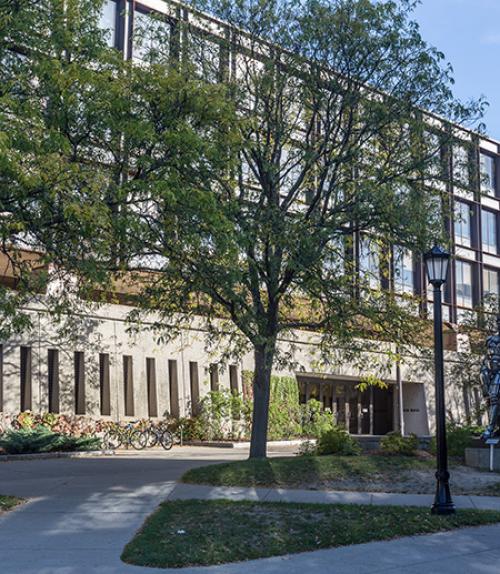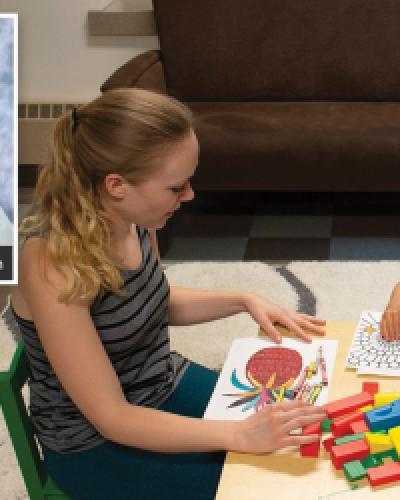Little Thinkers Lab! Just the name invokes an excitement about small children getting involved in teaching us more about how we learn to think and how we develop. The lab is only a year old, yet it is yielding some fascinating, provocative, and relevant research into how little ones under the age six develop their social thinking.
“Early childhood experiences and cognition set the foundations for later life outcomes,” said Lian Bian, assistant professor of Human Development and the lab’s director, in terms of thinking about real impact. “This includes the capabilities and expertise people develop, the types of occupations they pursue, rendering this stage in life particularly important to study.”
Investigating how children reason about the social world, the lab studies how children form stereotypes about social categories and how these stereotypes influence their aspirations. As stereotypes that impact our development as racial, gendered, relational beings start early, Little Thinkers is asking critical questions about this and finding out some useful information that families, educators, and others working with children will want to know.
“Do young children believe that some groups are inherently more talented than others in certain domains, such as that men are more intellectually gifted than women?” asks Reut Vraneski, a Ph.D. student in the lab. “If so, what are the impacts of these stereotypes on children's motivation and aspirations? Importantly, what can we do to inoculate children from stigmatized groups against the potentially harmful consequences of negative stereotypes?”
In other parts of their research with small children, they examined the role of third party praise.
“Although this study sounds mean to the child, it replicates what often happens in a classroom environment, where a teacher may come over to a group of desks, look around at all of the children’s work and only speak to some of the children,” said Lindsay Marshall Tuttle, lab manager. “We have generally been finding that children are the most devastated by praise given to another child on their innate ability. However, before a certain age they, are very resilient to hearing about another child’s success.”
A dig into the Little Thinkers Lab website inspires a reader to follow a healthy publications list authored by the lab’s researchers. So much to learn about little thinkers! How do infants think about support? What impact does gender inequity have on children’s beliefs about jobs? How do children think about who is really, really smart? How do toddlers figure out ingroup status?
There is so much inquiry for the members of the Little Thinkers Lab to unpack.





